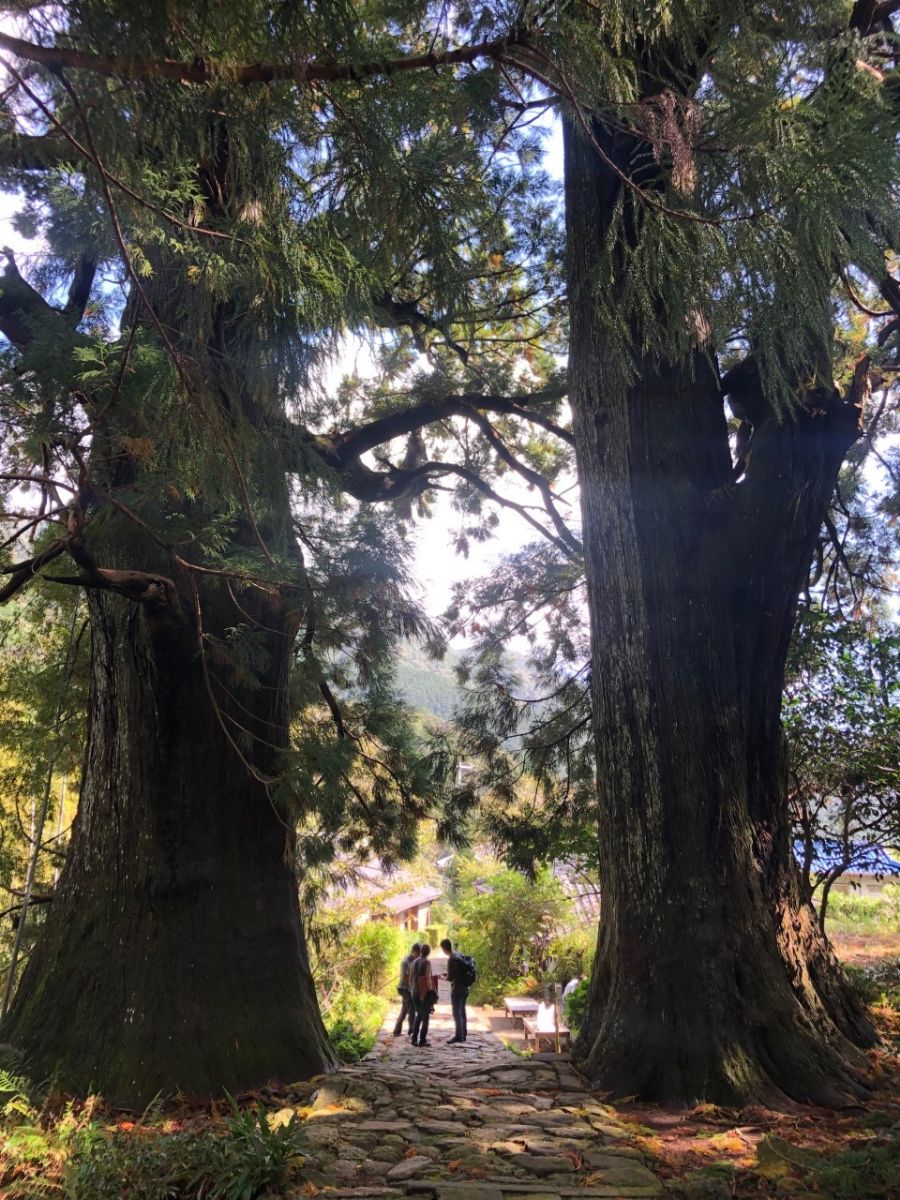Crossing the Canyon
Key information: Crossing the Canyon 
- The main cross-Canyon route is the South / North Kaibab Trails, called by some the Kaibab Crossing. One of the world’s great walks, if full of challenges to your walking strength and logistical/planning skills.
Walkopedia rating
- Walkopedia rating95
- Beauty37.5
- Natural interest18
- Human interest5
- Charisma37.5
- Negative points3
- Total rating95
Vital Statistics
- Length: 35km
- 3 days
- Maximum Altitude: Around 2,500m at the north rim
- Level of Difficulty: Strenuous
WALK SUMMARY
The Grand Canyon is one of the Seven Natural Wonders of the World, a World Heritage Site, and geological heaven. It is hard to overpraise the canyon’s raw, outlandish shapes and formations: they are justly famous. The sheer size of the Grand Canyon is astounding.
The main cross-Canyon route is the South and North Kaibab Trails, called by some the Kaibab Crossing. One of the world’s great walks, if full of challenges to your walking strength and logistical/planning skills.
Given that the only bridge over the Colorado in the central Grand Canyon is on these trails, near Phantom Ranch, crossing here is your only realistic option. The North Kaibab Trail is the only recognised path in the heart of the main Grand Canyon between the North Rim and the river.
You can also use the Bright Angel Trail, which joins the South Kaibab Trail by the river. Experienced walkers could use less-frequented trails down to the river from the South Rum, linking to the main routes by the Tonto Trail, but, given that camping is only permitted in a few places, this would need careful planning.
The crossing is mainly walked south-to-north, although vice versa is perfectly workable. It usually takes 3 days, although it could be done in two by the reasonably tough and fit by walking southward and conflating the 2 days on the north side.
Kaibab Crossing:
- Day 1 (12.1+km/7.5 miles+) South Kaibab Trailhead or Bright Angel Trailhead to the Colorado and across to Bright Angel Campground or Phantom Ranch
- Day 2 (12.1km/7.5 miles) – Bright Angel Campground to Cottonwood Campground
- Day 3 (11.3km/7 miles) – Cottonwood Campground to North Kaibab Trailhead.
Beginning at the south rim trailhead at Yaki Point near Grand Canyon Village, the South Kaibab Trail makes a quick descent from the cool(ish) forest of the rim to Cedar Ridge, tumbling 6+ miles down from Kaibab limestone to Cocorino limestone, passing through nine layers of the Canyon. Unlike most trails down, which follow side canyons, the South Kaibab Trail sticks to ridgetops, so you get huge views much of the way down, which are awe-inspiring along Cedar Ridge. Across the sloping Tonto Platform, the scene of the eponymous lateral trail, you drop steeply to the river, and a suspension bridge that allows access to the North Rim.
The first night will be spent at the Bright Angel Campround or Phantom Ranch on the north side of the Colorado River.
The following day is a 12 km hike up the North Kaibab Trail along the Bright Angel Creek. After starting with a meander through the deep, deep chasm known as The Box, the walk up by Bright Angel Creek is gentle and beautiful, passing side-canyons and giving the opportunity to seek out some of the Canyon’s stunning flora and fauna.
The third day starts gently, then becomes, after Roaring Springs, a tough switchback haul to the North Rim.
The Bright Angel and South Kaibab are the most famous of all trails and commensurately crowded.
The Cicerone guide has good information on these walks. Find this and other books on Amazon.
Booking accommodation in the Canyon needs doing well ahead.
See our Grand Canyon page for much more on the canyon, and detailed practical information, including accommodation and safety.
Other accounts: share your experiences
Your comments on this walk, your experiences and suggestions, and your photos are very welcome. Where appropriate, you will be credited for your contribution.
Safety and problems: All walks have inherent risks and potential problems, and many of the walks featured on this website involve significant risks, dangers and problems. Problems of any sort can arise on any walk. This website does not purport to identify any (or all) actual or potential risks, dangers and problems that may relate to any particular walk.
Any person who is considering undertaking this walk should do careful research and make their own assessment of the risks, dangers and possible problems involved. They should also go to “Important information” for further important information.
Anyone planning an expedition to this place should see further important information about this walk.
Responsible travel matters, a lot. How you travel will make a real difference - for better or worse. PLEASE consider this when making plans. Read more






